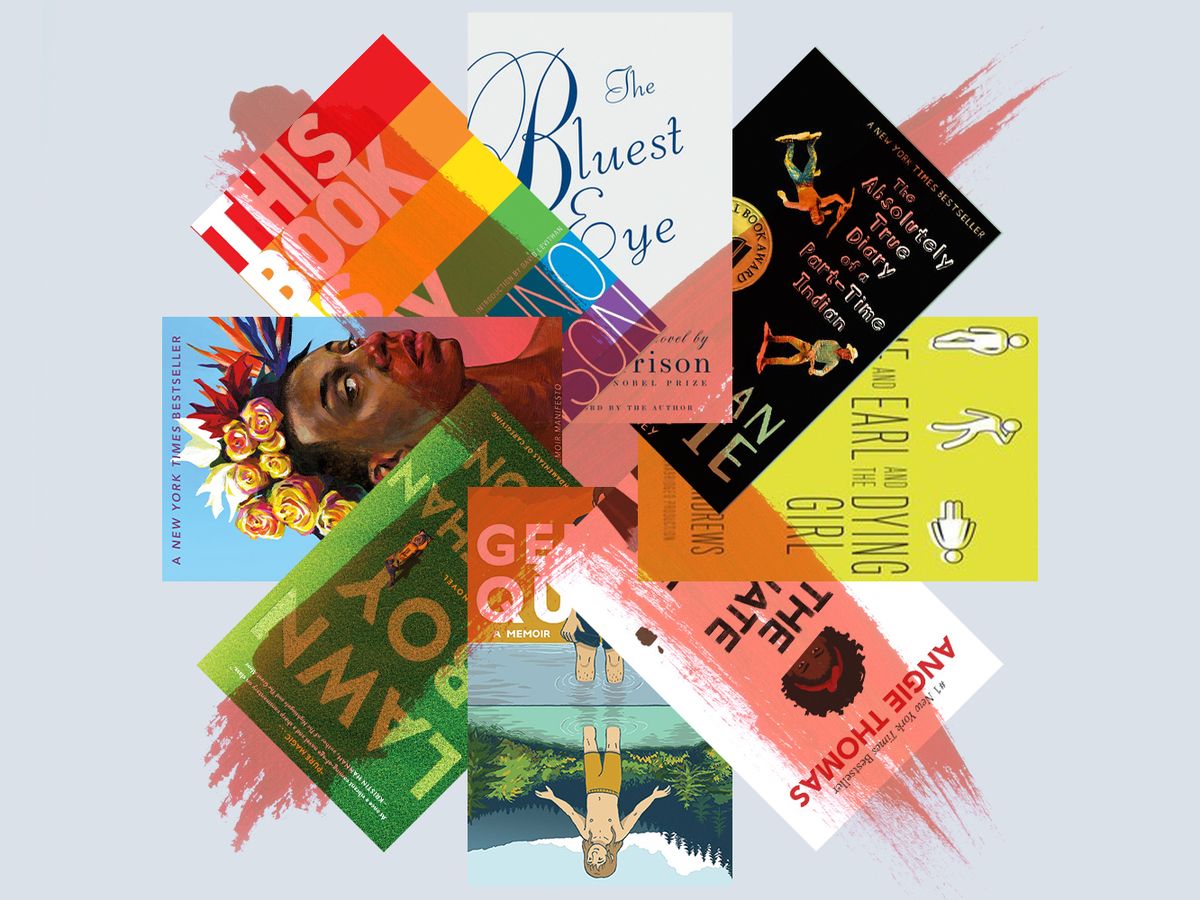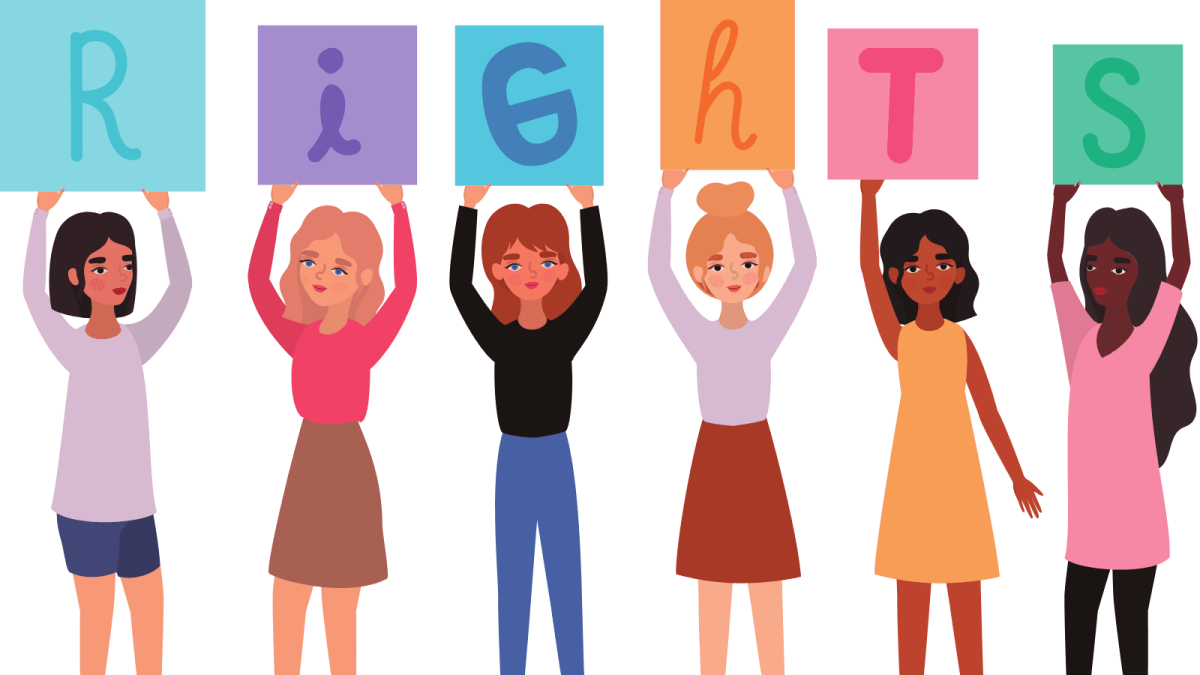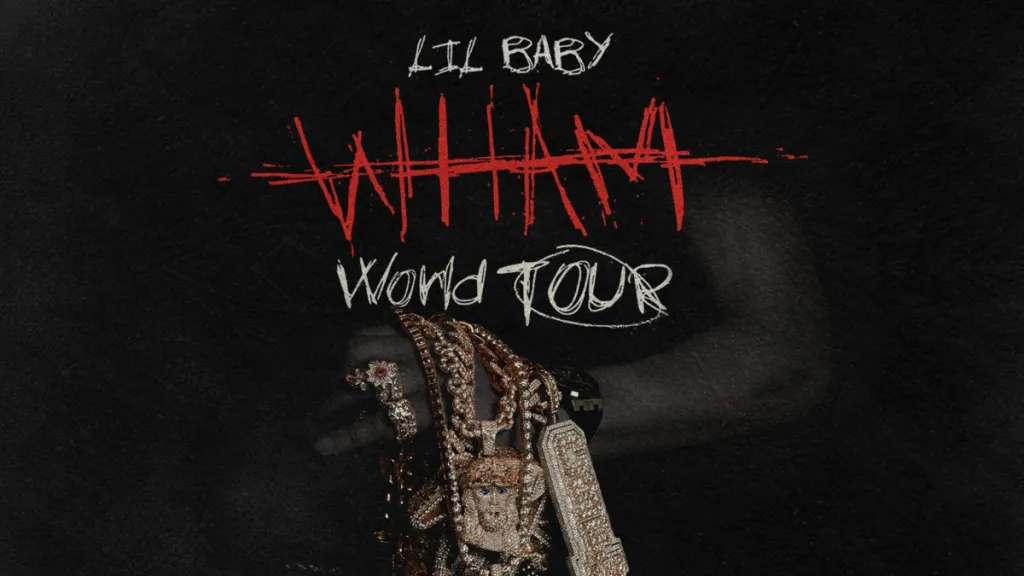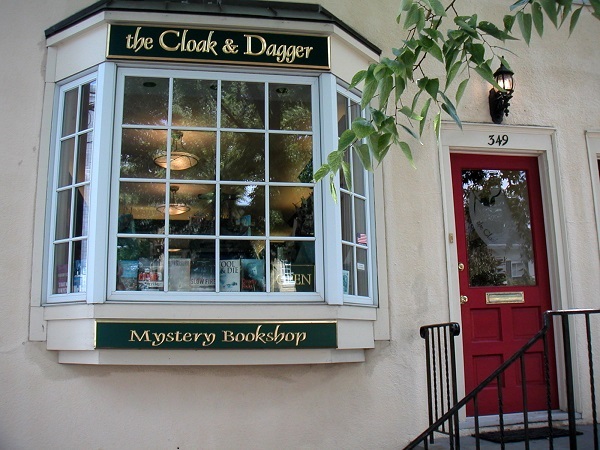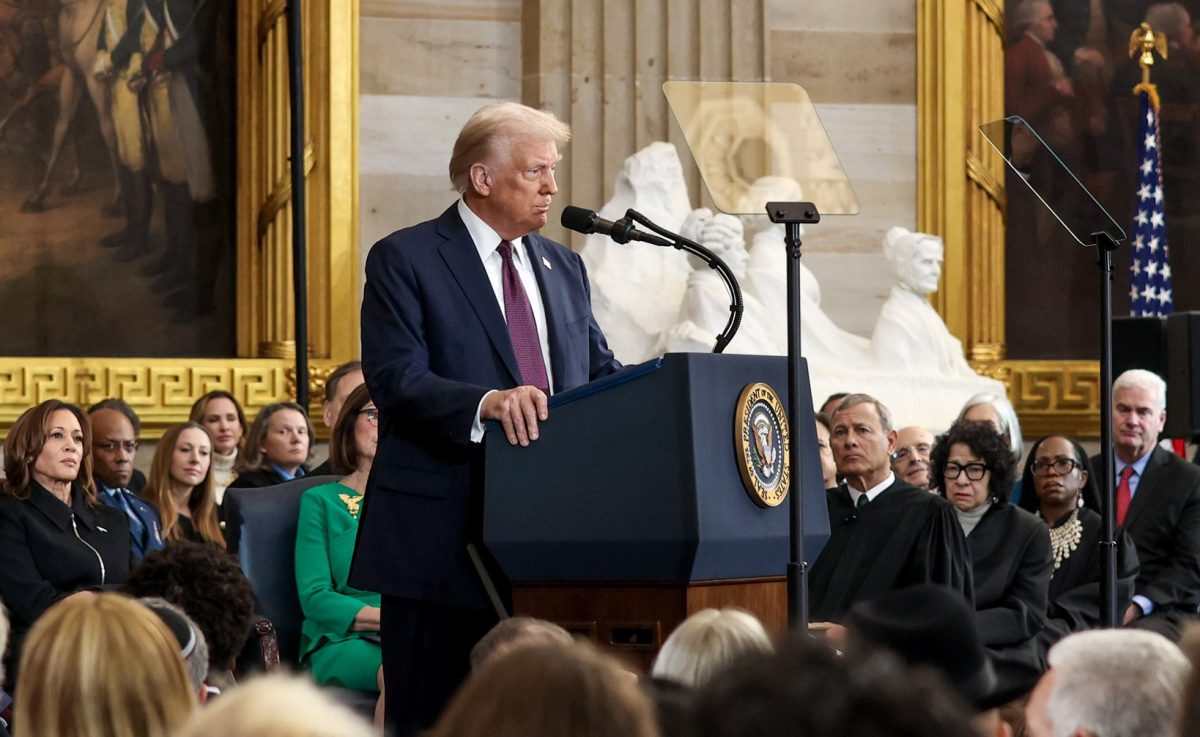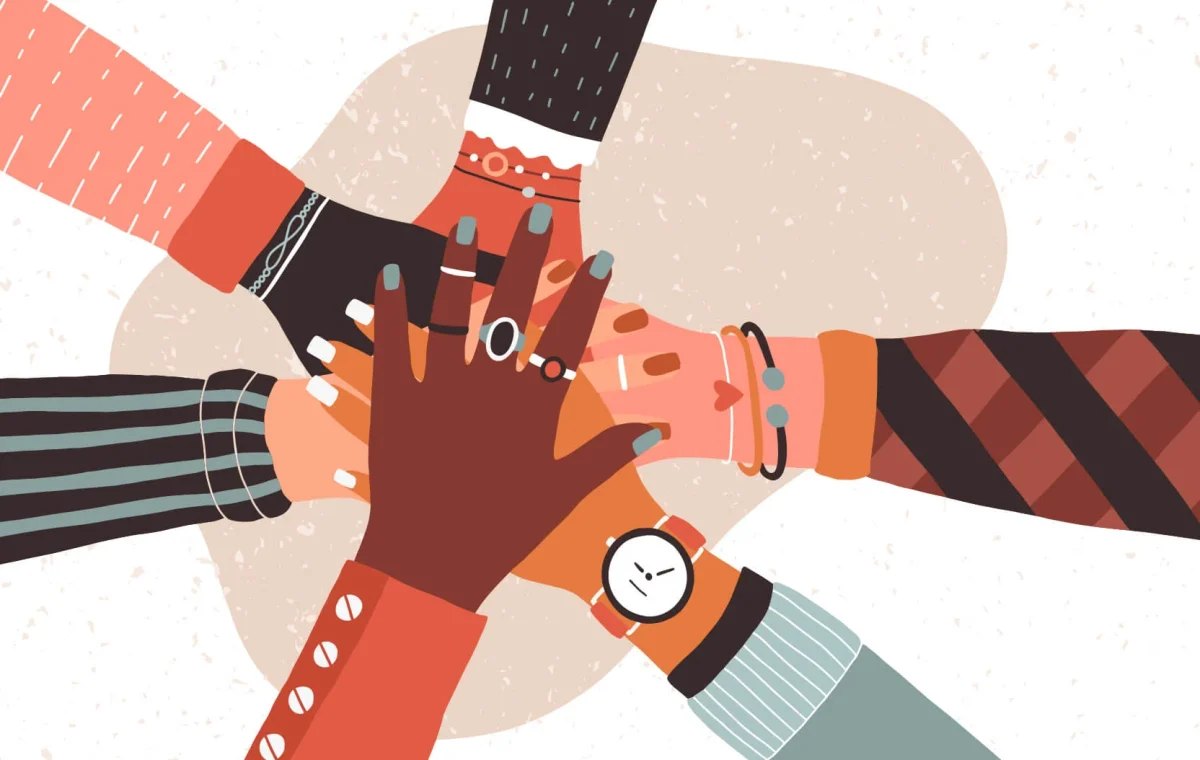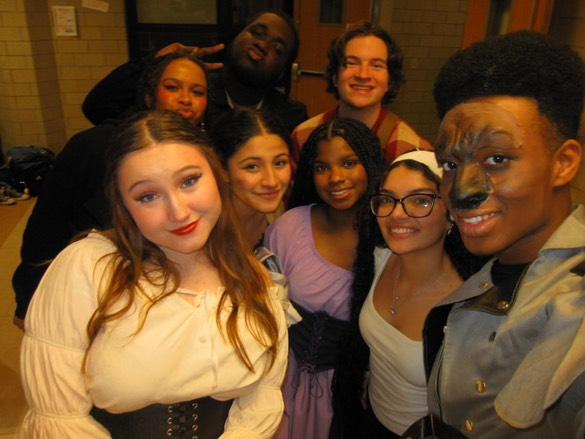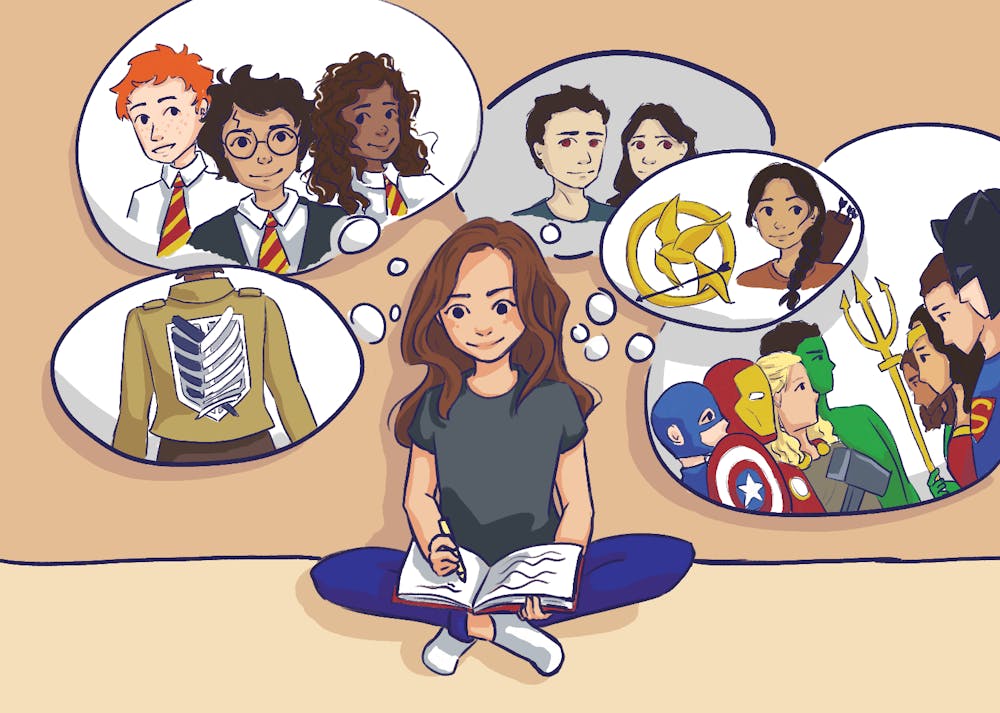“The truth is what I make it. I could set the world on fire and call it rain,” wrote Victoria Aveyard in her fantasy series, Red Queen. Dystopian novels are known for connecting fiction with the realities of the real world. The issues reflected show readers that these oppressive societies, corrupt governments, earth turned to wastelands, or whatever theme they’re exploring isn’t as unrealistic as they might believe.
The Handmaid’s Tale was written in 1985 by Margaret Atwood. In editions printed in 2017 and onwards, an introduction from the author is added. Atwood stated that the novel would contain “no imaginary gizmos, no imaginary laws, no imaginary atrocities.” Only scenarios that echoed the real world as it was at that time.
Set in a dictatorial theocracy, Atwood warns against the dangers of religious exploitation and gender inequality. Arguing, the control of women’s reproductive freedom and fertility is morally unjust. The theme that encapsulates the novel provides a dire warning.
That is just one reason books—fiction and non-fiction alike—are so important. They make people think. These similarities between an imagined world and reality allow readers to relate, even if it’s on a lesser scale. It journeys through the potential our own world has to reach a dystopian point and forces readers to face their fears.
But books such as The Handmaid’s Tale, those that feature people of color, mention abortion, discuss racism, and present LGBTQ+ characters have been banned in many states. Book bans have been sweeping across America at rapid rates and show no signs of stopping.
Last updated September 21, PEN America stated that it found 3,362 occurrences of book bans, which is a huge increase from the 2021-2022 school year that had 2,532 bans. Florida has more book bans than any other state, its school districts banning a whopping total of about 300 books last school year. This state alone accounts for more than 40% of book bans.
It’s growing worse as education itself is changing. Florida has added new education guidelines that insinuate African Americans benefited from chattel slavery because it taught them skills. Florida Governor, Ron DeSantis defended the guidelines, saying, “They’re probably going to show that some of the folks that eventually parlayed, you know, being a blacksmith into doing things later in life.”
This absolutely disregards history and the truth. Most of the first generation of slaves already had trades they knew well before they were forced into over 400 years of submission. Regardless of whether slaves learned valuable skills or not during slavery, there was no true benefit because only the master profited from the slave’s labor.
“We want to make sure that children learn the truth, and that we give them the capacity to handle truths that may be uncomfortable and difficult,” said Sonya Douglass, Professor of Education Leadership. “This moment again requires us to take stock of the fact that racism and bigotry still are a challenging part of American life. When we better understand that history, when we see the patterns, when we recognize the source of those issues, we can then do something about it.”
We are witnessing the dangerous erasure of history right before our eyes. The past deserves to have its story told honestly. People deserve the right to learn without censorship. No matter how uncomfortable it might be, conversations like these need to be held. If the truth doesn’t matter, then fact becomes determined only by what people believe.
